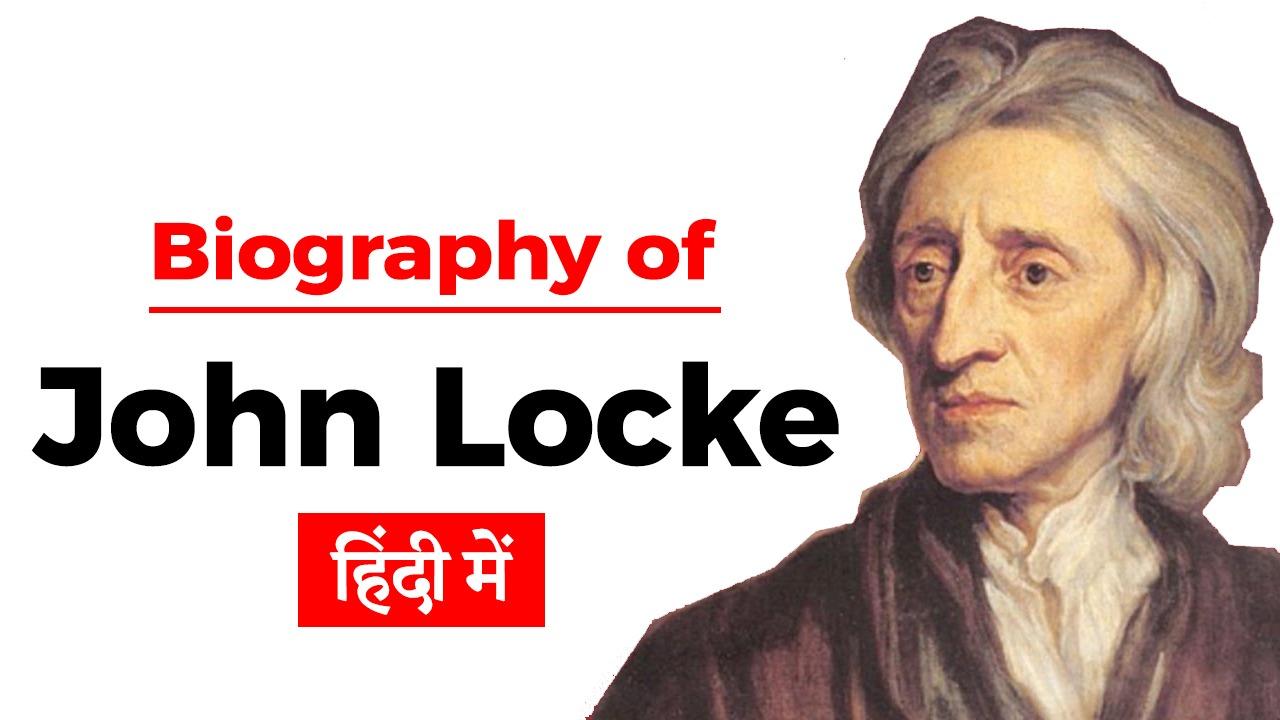Table of Contents
EARLY LIFE
- Locke was born on 29 August 1632, in a small thatched cottage by the church in Wrington, Somerset, about 12 miles from Bristol.
- In 1647, Locke was sent to the prestigious Westminster School in London.After completing studies there, he was admitted to Christ Church, Oxford, in the autumn of 1652 at the age of twenty.
- Locke was awarded a bachelor’s degree in February 1656 and a master’s degree in June 1658.
- During this time, Locke served as Secretary of the Board of Trade and Plantations and Secretary to the Lords Proprietors of Carolina.
LIFE
- Locke became involved in politics in early 1670. Locke composed the bulk of the Two Treatises of Government.
- The work is now viewed as a more general argument against absolute monarchy and for individual consent as the basis of political legitimacy.
- Although Locke was associated with the influential Whigs, his ideas about natural rights and government are today considered quite revolutionary for that period in English history.
LATER
- Locke fled to Netherland and did not return home until after the Glorious Revolution. The bulk of Locke’s publishing took place upon his return from exile – his aforementioned Essay Concerning Human Understanding, the Two Treatises of Government and A Letter Concerning Toleration all appearing in quick succession.
- He died on 28 October 1704, and is buried in the churchyard of the village of High Laver.Locke never married nor had children.
ARCHITECT OF MODERN GOVERNMENT
- Human rights provided by nature
- Social contract
- Revolution
- Property rights
- Citizens are supreme
Download| Free PDF






















 WhatsApp
WhatsApp